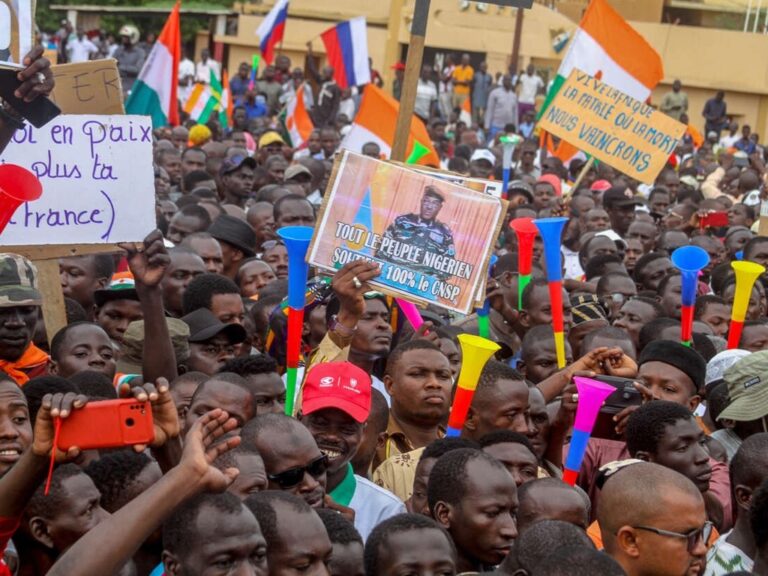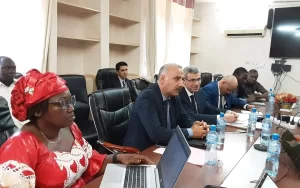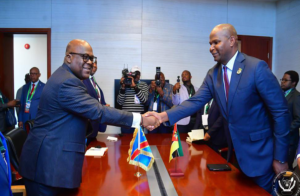Niger: Which game are some international NGOs playing with the people of Niger?

Niamey, Niger – Marking the first anniversary of the National Council for the Safeguard of the Homeland (CNSP) in Niger, several international NGOs, including Amnesty International, Human Rights Watch (HRW), and the International Federation for Human Rights (FIDH), have issued a joint statement criticizing the Nigerien government.
These organizations, purportedly dedicated to human rights protection, have renewed their familiar accusations against the authorities.
Recurrent accusations and perceived bias
The recent denunciation of Niger follows a pattern previously seen in Mali and Burkina Faso, where these same NGOs, often viewed as being influenced by France, have attempted to destabilize the incumbent governments.
The claims made by these organizations, such as “human rights have plummeted a year after the coup,” are perceived by many as detached from the on-ground realities.
While these NGOs loudly proclaim a deterioration of human rights, they seemingly overlook the complex contexts and significant efforts made by the governments to restore security and order.
Niger, like Mali and Burkina Faso, faces substantial security challenges, particularly terrorist attacks that pose a daily threat to innocent civilians.
Silence on terrorist atrocities
Critics argue that these organizations have been conspicuously silent regarding the atrocities committed by terrorist groups.
This perceived inaction contrasts starkly with their fervent criticisms of governments striving to re-establish peace and security.
Such selective denunciation raises questions about their true agenda, which some believe diverges from the noble ideals of human rights protection they profess to uphold.
Historical parallels and concerns
This situation echoes the experiences of Libya, the Central African Republic, and other African nations, where ill-advised interventions, often fueled by biased reports from these NGOs, led to humanitarian disasters and prolonged chaos.
The veiled interference under the guise of human rights advocacy sometimes appears to serve foreign geopolitical interests, undermining the stability and welfare of African nations.
As Niger marks this pivotal anniversary, the discourse around human rights and security continues to be shaped by complex dynamics, with both local and international actors playing influential roles.
The challenge remains to balance genuine human rights concerns with the pressing need for security and stability in a region fraught with ongoing threats.











